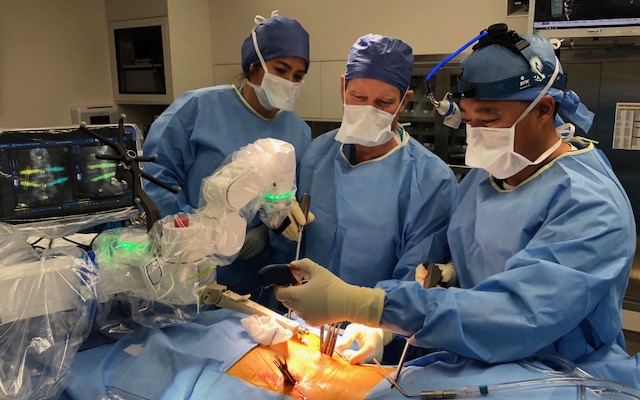It is commonplace to consume medicinal drugs when you are ill and want to be treated effectively, Indeed, medical professionals have no qualms about prescribing various drugs that address the underlying problem that you are facing. Sure, some tend to work a trifle faster whereas others are more slow-paced. There has been research going on about the interrelation between Metabolism and Medicine to understand the inherent chemistry of the body and how metabolism can alter the working of certain drugs.
It is further important to understand how medicinal drugs undergo various changes within the body.
Importance of Metabolism and Medicine
Sure, metabolism plays a huge role in altering the chemical components of medicinal drugs thus ensuring the right effect. The purpose of such alteration is the ability of your body to process the chemicals rapidly and absorb them within the bloodstream. A few components as well as the by-products caused by biochemical degradation of the medicines are excreted from the body as well. It is further important to understand the following to get an accurate idea of how a particular medicine may interact within your body:
- The liver is the main organ that metabolizes the medicinal drugs
- The rate of medicine metabolism may improve both the efficacy of the drug and its toxicity.
- When a medicine is metabolized quickly it may not produce the right effect. Your doctor may have to alter the prescription to make it truly therapeutic
- On the contrary, a drug that metabolizes slowly may be effective but it tends to give rise to multiple side effects that may cause you to suffer
- You may be characterized as any of the following depending on the type of metabolism that occurs in your body in response to medicinal drugs:
- Poor metabolizer
- Intermediate metabolizer
- Extensive metabolizer
- Rapid or ultra-rapid metabolizer
It suffices to know that the prescribed drug metabolism within your body also depends on other factors namely:
- Genes– The cytochrome P450 (CYP450) gene group in your body facilitates metabolism of medicines. However, you will metabolize the psychiatric drugs differently when you have a variant gene or mutated CYP450 gene
- Existing Diseases– Co-morbidity may affect the metabolism of prescribed drugs too. Your doctor will be able to prescribe differently when you have chronic liver disorders, kidney dysfunction, and/or advanced heart failure.
- Interaction with Food– The capability of CYP450 enzymes to break down in response to the prescribed drugs may vary with the type of food you consume. No worries! When such interactions increase the enzyme metabolism, the efficacy of the drug may be decreased. Alternatively, you may be intolerant to the drug when the enzyme activity is decreased. The doctor would be able to provide you with a suitable solution when the metabolic activity affects the therapeutic effect of medicines.
- Age-It is important for the doctor to prescribe drugs according to age as well. Both children and elderly individuals need to consume drugs suitable for their age and according to their body weight.
The relationship between Metabolism and Medicine is complex and must be well understood by the doctor who prescribes medication to treat the particular condition(s).





